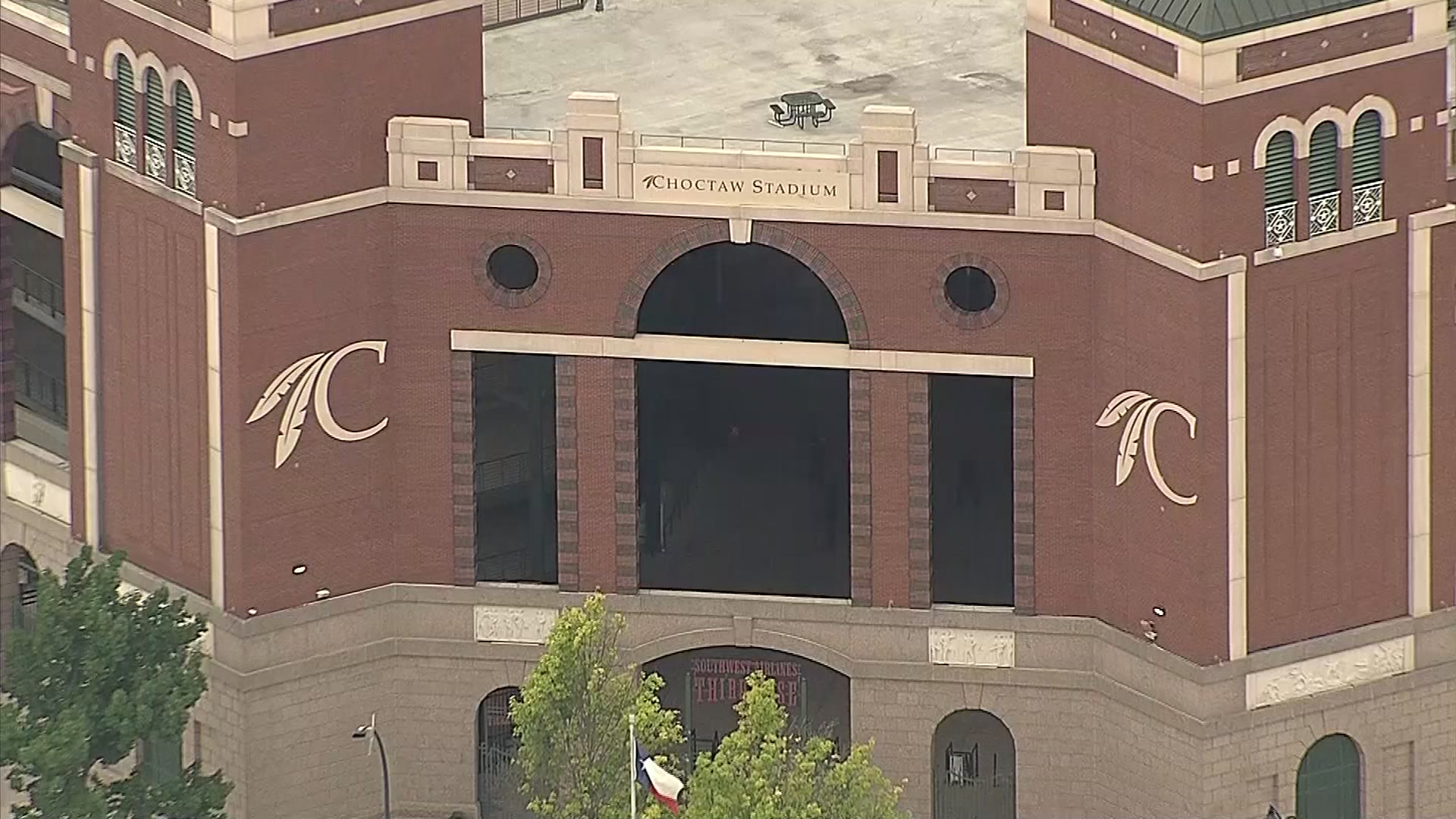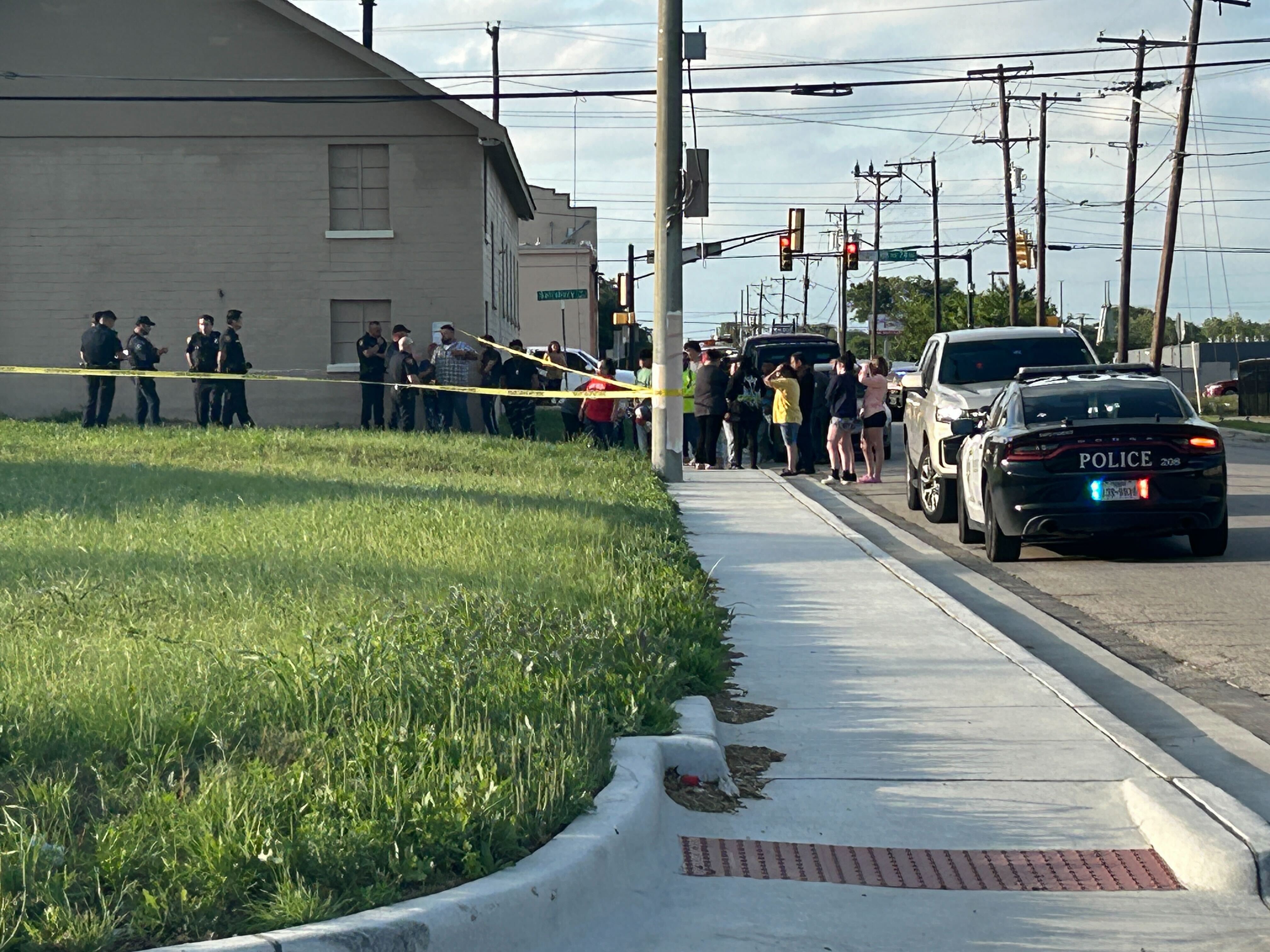Dallas may limit short-term rental homes in single-family neighborhoods to owner-occupied dwellings with the people normally living there expected to look after them.
That was a recommendation for city staff Wednesday as absentee investor-owned short-term rental properties have flourished in Dallas amid a lack of regulation.
The issue has been discussed for three years at Dallas City Hall, while residents in some neighborhoods complained about problems at some short-term rental dwellings.
One example is a home on Ebbtide Street in Oak Cliff where a neighbor Wednesday said the owner does not live there.
Get DFW local news, weather forecasts and entertainment stories to your inbox. Sign up for NBC DFW newsletters.
Carl Hays said there has been gunfire and a machete left behind after repeated late-night parties at the house.
“This went on all night into the wee hours of the morning. The following weekend the same thing happened,” Hayes said.
Several Dallas Council Members said they support a limit for single-family neighborhoods of owner-occupied short-term rentals.
Local
The latest news from around North Texas.
“It does seem to be a consensus that we've found that has been acceptable,” Councilman Adam Bazaldua said.
Bazaldua leads a council committee that has been discussing short-term rental issues separately from the full city council.
“The ones that I'm aware of in District One that are bad ones are all these off-site, sometimes out-of-state STR operators,” Councilman Chad West said.
Some neighborhoods are saturated with short-term rentals.
Councilman Omar Narvaez who represents West Dallas mentioned the Victory Gardens neighborhood which is just a few square blocks near Hampton Road and Singleton Boulevard.
That neighborhood had 20 short-term rentals listed Wednesday on the Airbnb website.
“Half of them are already being advertised as illegal event centers. They are not doing what we want,” Narvaez said.
One large, five-bedroom house was listed for $372 a night. It says up 16 guests can be accommodated there.
A man who answered a remote doorbell at the house agreed to an interview but never connected. The man said the house is used as a short-term rental but that he sometimes stays there.
Narvaez said he is concerned that Dallas has been unable to respond quickly to short-term rental complaints. He said forcing more of them out of single-family neighborhoods would just spread the problems to adjacent multi-family areas.
“What scares me is that developers, investors are going to find a loophole in all our other areas to have illegal event centers,” Narvaez said.
For the purpose of collecting city hotel taxes, Dallas treats short-term home rentals like hotels. They are supposed to register and pay hotel taxes.
Currently, the city has about 1,200 short-term rentals registered. But a website that watches other short-term rental sites counts more than 5,400 operating in Dallas.
Hotel lodging is not allowed in single-family neighborhoods and critics say short-term rental of dwellings should simply be forbidden in those places, too.
Dallas Council members have been reluctant to outlaw short-term rentals altogether because law-abiding owners said they should have a right to income from their property.
“The event centers, those type uses, party houses, have absolutely no place in our single-family neighborhoods,” Councilman Adam McGough said.
There’s been a debate between using zoning laws to restrict locations or allowing short-term rentals with tougher regulation. Skipping the zoning step now could make it legally challenging to do later.
Councilman Paul Ridley who supports zoning and regulation said the Dallas Zoning Advisory Commission and Dallas Plan Commission should provide input.
“If we are too specific in the instruction we give today, I think we risk usurping the role of the Plan Commission,” Ridley said. “It’s important that we use that mechanism before dictating what our final regulations should look like.”
Councilman West said results could take another year if the advisory boards are not working in the direction preferred by the City Council which gets the final say on new rules.
“It’s important for us to say here’s where we stand on this,” West said.
Even Wednesday's input, the faster-suggested timeline will take until September for advisory commission review and a final city council vote.



